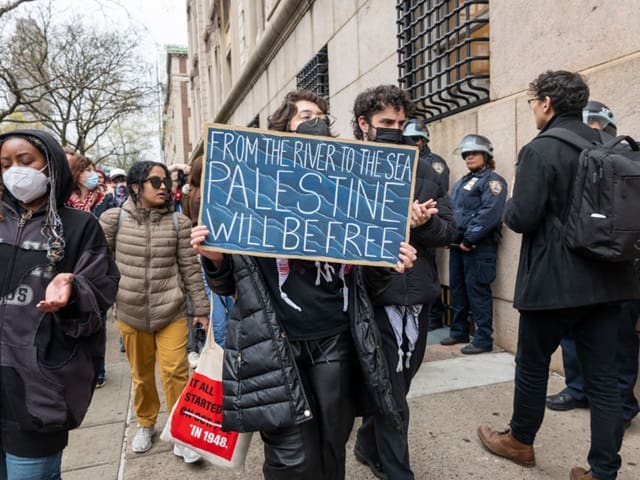Do Anti-CRT Laws Violate the First Amendment? Vanderbilt Law
—
Over the past three years, state legislatures have introduced and passed hundreds of laws restricting speech on race and racism in public schools. Broadly classified as “Anti-CRT” laws, these bills aim to ban lessons derived from the tenets of critical race theory, which posits that race is a social construct embedded in legal systems and policies, creating systemic inequalities that should be evaluated to correct past and present racial injustices. The laws impose broad and often vague prohibitions on speech, mostly without reference to critical race theory.
In her paper “(E)racing Speech in School,” Francesca Procaccini, Assistant Professor of Law at Vanderbilt Law School, offers a First Amendment analysis of Anti-CRT laws. She finds that while the First Amendment may not protect teachers or parents opposed to such laws, it will often protect students’ rights to receive the information that Anti-CRT laws seek to chill.





